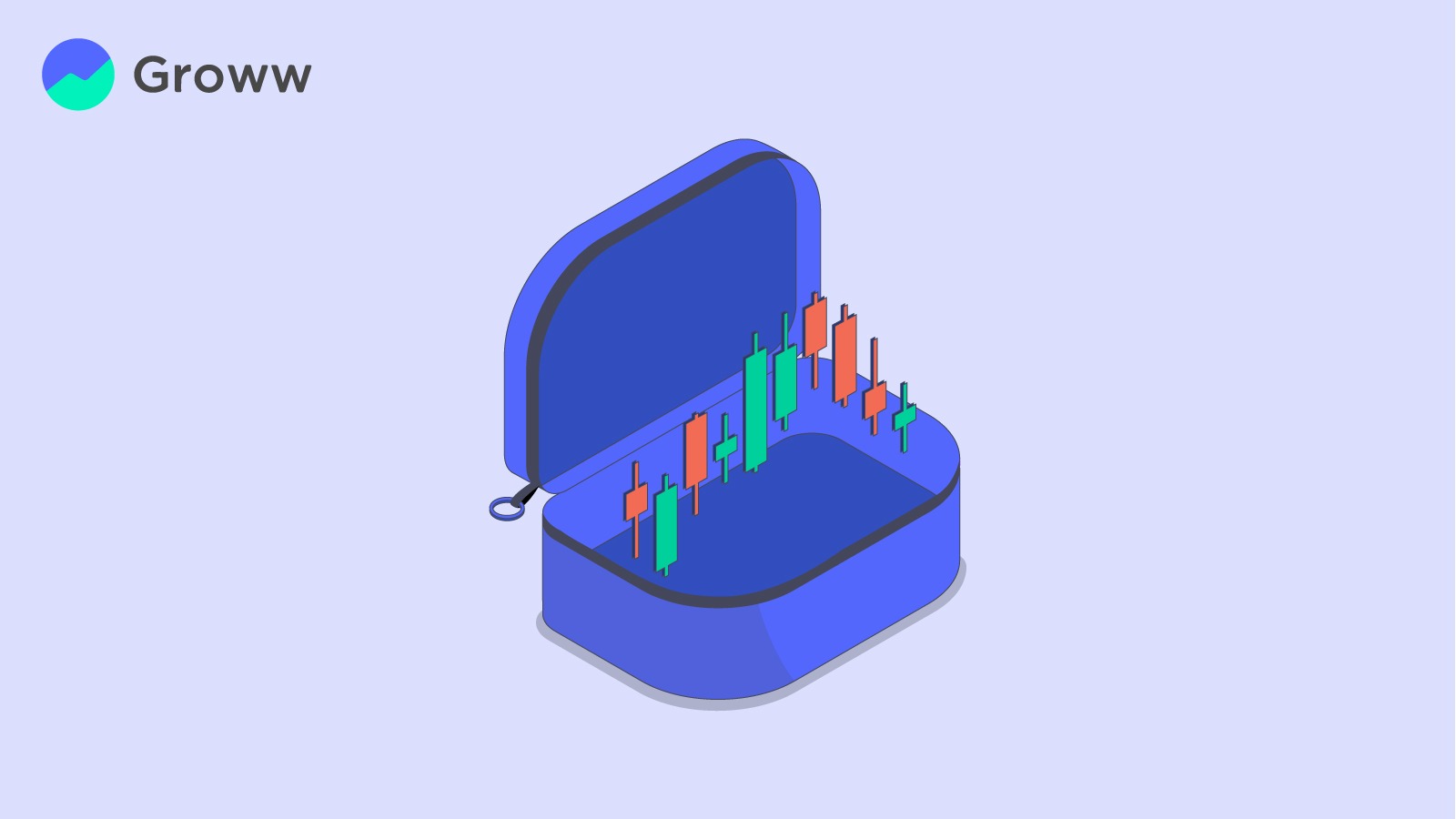What is Dabba Trading

The stock market has grown, attracting an increasing number of investors due to its history of delivering higher returns compared to other investments. However, some investors take an alternative approach, which is dabba trading, which allows them to trade stocks outside of the official stock exchanges.
Read this blog to understand more about this type of trading, why it is risky, and more.
Dabba Trading Meaning
Also called box trading or bucket trading, this type of trading is an illegal method of trading outside of official stock exchanges.
The word ‘dabba’, meaning ‘box’ in Hindi, symbolises this practice's unregulated and hidden nature. In this type of trading, traders and brokers make bets on stock price movements without actually buying or selling the stock. These trades do not take place on any official SEBI-recognised stock exchange.
The dabba operator handles the settlement internally, keeping these trades outside the oversight of stock exchanges and regulatory bodies. Since these trades do not go through official stock exchange platforms, investors lose access to the grievance redressal mechanisms that stock exchanges provide.
In simple terms, dabba trading is like gambling based on stock price movements.
How Does Dabba Trading Work
In dabba trading, brokers serve as intermediaries between traders. They find buyers and sellers interested in the same security within the dabba market, connecting them and facilitating the trade for a commission, which is a percentage of the trade value.
For example, suppose Trader A wants to purchase 50 shares of XYZ Ltd at ₹200 in the dabba market. They place the order with a broker, who then finds a seller willing to sell 50 shares of XYZ Ltd at ₹200. Once the deal is done, the broker takes a commission based on the trade's value.
Another method in the dabba market is betting on price movements. Traders guess how a security's price will change and place bets with the dabba trading brokers. If the price moves as expected, the traders make a profit, and if not, the brokers earn instead.
For instance, Trader B might bet that the price of ABC Ltd will rise from ₹300 to ₹350 within a week. If the price does rise to ₹350, Trader B earns the profit. However, if the price drops to ₹250 instead, Trader B loses money, and the broker earns from Trader B’s loss.
Attributes of Dabba Trading
The following are the primary characteristics of dabba trading:
- No Stock Market Regulations: Since dabba trading occurs outside the official stock market, the rules and regulations of stock exchanges do not apply.
- Tax Avoidance: The main appeal of dabba trading is its ability to bypass taxes. Unlike trading on official stock exchanges, where you must pay taxes like the Securities Transaction Tax (STT) and Commodities Transaction Tax (CTT), dabba trading does not involve any of these costs.
- Lower Trading Costs: Investors in dabba trading save on the various fees typically associated with stock exchange transactions, such as brokerage fees, stamp duty, and depository charges.
- Unreported Income: Transactions in dabba trading are often done in cash and off the books, which can lead to the generation of unreported income. People might use this unaccounted money for illegal activities.
- Faster Trade Execution: With fewer traders and no regulatory oversight, trades in the dabba market are executed more quickly.
- Favourable Security Prices: Prices in the dabba market are often manipulated to benefit traders.
Risks of Dabba Trading
The increasing availability of online dabba trading apps attracts unsuspecting investors to these illegal practices. This type of trading comes with several serious risks for investors. These are as follows:
- Loss of Investment: Traders who participate in dabba trading are at high risk of losing their money due to price manipulation and fraudulent activities.
- No Legal Protection: As dabba trading takes place outside official systems, investors have no recourse to legal remedies in case of disputes.
- Legal Issues: Engaging in this trading can lead to legal trouble with the authorities, including fines, penalties, and criminal charges, as it breaches financial regulations in many regions.
Consequences of Participating in Dabba Trading
- Dabba trading is illegal under Section 23(1) of the Securities Contracts (Regulation) Act (SCRA), 1956.
- Besides breaking securities laws, it also falls under Sections 406, 420 and 120-B of the Indian Penal Code, 1870. If convicted, investors and traders can face up to 10 years in prison, a fine of up to ₹25 crore, or both.
The Bottomline
Overall, dabba trading is a troubling practice that weakens the integrity of financial markets and endangers investors. It is crucial for traders and investors to steer clear of such activities and choose legitimate, regulated trading platforms instead.
Disclaimer - The above content is for educational purposes only. Groww does not promote, facilitate, or engage in Dabba trading or any other illegal trading activity.